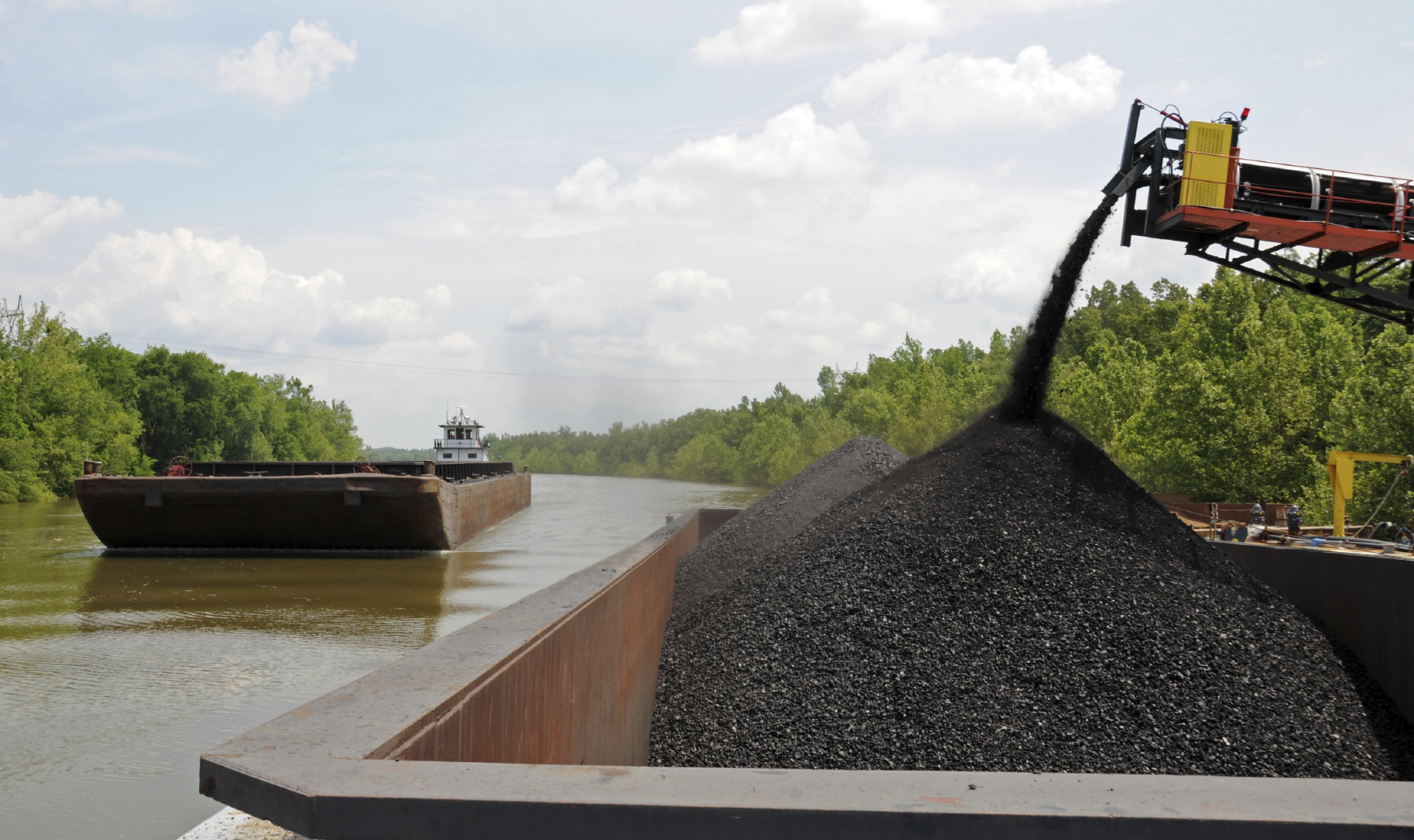
NEWS & ANALYSIS
Texas LNG signs 8 preliminary deals
Texas LNG signs 8 preliminary deals

17 Apr 18, 15:35 - Natural gas, LNG, Pipeline, Shale gas, Corporate, Investment and Financing, Strategy, Trading, Fundamentals, Demand, Supply
Houston, 17 April (Argus) — The Texas LNG project in Brownsville, Texas, has signed eight non-binding 20-year deals with potential customers for a combined volume of 7mn t/yr, equivalent to about 900mn cf/d (9.3bn m³/yr) of gas.
Five of the potential buyers are in China, two in southeast Asia and one in western Europe, Texas LNG chief operating officer Langtry Meyer told Argus, declining to identify the companies. The potential customers include government-owned gas or electric utilities that operate on national or provincial levels. Some of the potential customers already have LNG import capacity, others are building such capacity and the rest are acquiring third-party access.
Texas LNG hopes to convert enough of its preliminary deals to binding contracts to allow it to reach a positive investment decision by the second half of 2019 for phase 1 capacity of 2mn t/yr, with exports to begin in 2023, Langtry said. The project could be expanded to 4mn t/yr if there is enough market interest. It expects to get construction approval in early 2019 from the US Federal Energy Regulatory Commission and has provided all requested data to that agency.
Texas LNG is among a number of proposed US LNG export projects competing to come on line in the early to mid-2020s, when global demand is expected to increase. Since it typically takes at least four years to build an LNG export facility, projects would likely need to make positive investment decisions by 2020 to meet that timeline.
Texas LNG's relatively small size is one of its major advantages, as potential customers currently want significantly lower volumes than the contracts for 3.5mn-4mn t/yr that were signed to finance the six US LNG terminals being completed, Langtry said. The small size will allow modular liquefaction units to be built more cheaply overseas and shipped to the site. Such units could be built in China, something the Chinese government would regard favorably when deciding whether to back customer deals for Texas LNG, he said.
Texas LNG has an estimated cost of $500-$600 per tonne of annual production, similar to the unit cost several other proposed US projects are targeting. Based on that estimate, Texas LNG would cost about $1bn-$1.2bn for phase 1.
The potential customers are seeking deals for either liquefaction capacity or delivered supplies, Langtry said. Texas LNG will not take a commodity price risk and any LNG sales will be indexed to US gas prices, he said. The index could be the Henry Hub or another trading location, such as the Agua Dulce hub near Corpus Christi, which connects the Brownsville area along the US-Mexico border to a number of gas-producing hubs, including the Eagle Ford shale in south Texas and the Permian basin centered in west Texas.
Texas LNG is seeking liquefaction fees of about $2.60/mmBtu, according to a company presentation. The project is confident it can arrange shipping for delivered contracts, as Braemar Engineering, which is providing owner's engineering support to Texas LNG, has a sister company that is major ship broker.
Texas LNG expects that it would sign three contracts to finance the initial capacity. The estimated pipeline transportation cost is 25¢/mmBtu and an additional pass-through cost for electricity and fuel gas is estimated at 40¢/mmBtu. At an estimated Henry Hub cost of $3/mmBtu, the fob cost likely would be $6.25/mmBtu.
Because of its small size Texas LNG could acquire capacity on pipelines being developed by other entities rather than build its own pipeline. Langtry said the $1.5bn, 2.6-Bcf/d Valley Crossing pipeline being built from the Agua Dulce hub to Mexico would be near the Texas LNG site.
Texas LNG is raising its third and final round of capital to confirm the construction cost, complete permitting and finalize contracts. Langtry declined to say how much the company has raised.
New York-based investment fund Third Point, one of the equity owners in Texas LNG, is providing development capital. South Korean engineering firm, a minority equity holder, would build the facility in partnership with US engineering firm KBR.
Send comments to [email protected]
Request more information about Argus' energy and commodity news, data and analysis services.
Copyright © 2018 Argus Media group - www.argusmedia.com - All rights reserved.
Sign up to receive free market updates
To receive white papers, pricing updates and webinar invites, simply leave your details below.
Sign up to receive free market updates
To receive white papers, pricing updates and webinar invites, simply leave your details below.

Thanks! Keep an eye on your inbox for future white papers, pricing updates, webinars and more.